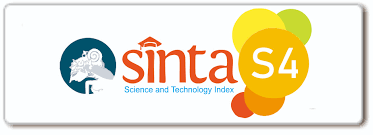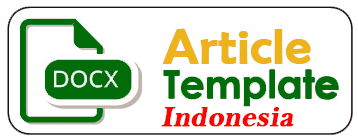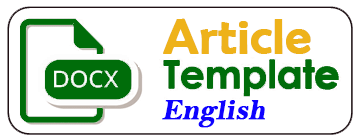Moderasi Beragama di Kalangan Aktifis Dakwah Kampus Kota Mataram-NTB
DOI:
https://doi.org/10.47200/ulumuddin.v13i2.1687Keywords:
Moderation, Tolerance, Campus Da’wah ActivistsAbstract
Religious moderation is an issue that always arises, especially after the reformation and the collapse of the WTC 9/11 in the United States and 2002 Bali Bombing. The Minister of Religion of the Republic of Indonesia made religious moderation a flagship program out of 7 existing programs. The research entitled Religious Moderation among Campus Da'wah Activists in Mataram-West Nusa Tenggara, seeks to explore the views of religious moderation among students, especially Campus Da'wah Activists. Campus Da'wah activists (ADK) became objects of research because ADK carried out an important preaching task. If Campus Da’wah Activists have problems in understanding their religion, the contents of their da'wah and objects of da'wah automatically contain intolerance content that can endanger security. Conversely, if the religious moderation views of the ADK are tolerant, then the content of their da'wah will be calming and constructive. This research uses a qualitative method with phenomenological approach, data obtained by observing and interviewing campus da'wah activist at 6 universities in Mataram City who are members of the Nusa Tenggara Campus Da'wah Institution Gathering Forum (FSLDK) then enriched by a documentation study. From this research it was found that Form of moderation campus da’wah activists is tolerance towards people of other religions by respecting differences in beliefs and understandings, learning and doing assignments together, gathering and organizing regardless of religious, ethnicity and class background. Some activists do not agree with some doctrines different from what they believe in, such as Shia and Ahmadiyya, even so they reject violent ways of responding to these understandings.
Downloads
Downloads
Published
How to Cite
Issue
Section
License
Copyright (c) 2023 Arif Nasrullah, Saipul Hamdi, Hafizah Awalia

This work is licensed under a Creative Commons Attribution-ShareAlike 4.0 International License.









